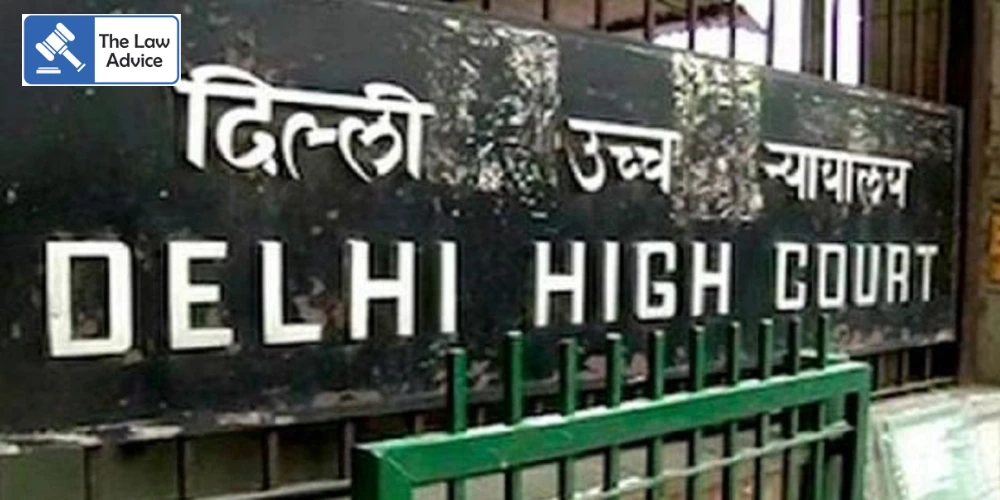The Delhi High Court has held that a Hindu grandchild cannot seek a share in the property of their grandparent during the lifetime of their parent. The Court ruled that under the Hindu Succession Act, 1956, the rights of succession flow only to the Class I heirs, and grandchildren who are not children of a predeceased son or daughter do not fall within this category.
The judgment was delivered by Justice Purushaindra Kumar Kaurav in a partition suit titled Kritika Jain v. Rakesh Jain (CS(OS) 679/2024), where a Hindu woman sought a share in the estate of her deceased paternal grandfather.
The plaintiff, Kritika Jain, filed a civil suit against her father and paternal aunt seeking partition of a property that had belonged to her grandfather. She argued that since the property was self-acquired by her grandfather, it assumed the character of ancestral property, thereby giving her a right to claim a share in it.
The defendants—her father Rakesh Jain and her aunt—opposed the claim. They contended that under Section 8 of the Hindu Succession Act (HSA), 1956, the property of their father devolved exclusively on them, being his Class I heirs, and therefore the plaintiff had no right to claim succession during her father’s lifetime.
Justice Kaurav referred to Section 8 of the HSA, which provides that when a male Hindu dies intestate (without leaving a will), his property devolves upon the relatives specified in Class I of the Schedule, to the exclusion of all other persons.
The Court noted that the list of Class I heirs includes the widow, sons, daughters, mother, and certain other specified heirs. Importantly, grandchildren are included only if they are children of a predeceased son or daughter. Where the father or mother of the grandchild is alive, the grandchild cannot independently claim succession rights in the property of the grandparent.
Quoting the statutory scheme, the Court observed:
“It is pertinent to note that grandchildren, who are not children of a predeceased child, are not included in the list of Class I heirs.”
The Court also addressed the argument that the property was ancestral in nature. Before the enactment of the HSA, 1956, property inherited by a person from his father, grandfather, or great-grandfather was considered ancestral property in his hands, giving his son an automatic birthright. However, the Court clarified that the HSA brought about a drastic change—now, any property inherited by Class I heirs is treated as their absolute property and not as part of a Hindu coparcenary.
Dismissing the plaintiff’s plea, the Court held:
“If Section 8 is correctly appreciated, the suit property cannot be deemed to have devolved on the plaintiff upon the death of her paternal grandfather, her father being alive at the time of death of the grandfather. The share of defendant no. 1 (plaintiff’s father) in the suit property is his absolute property, and the plaintiff does not have any right in the same. The right asserted by the plaintiff is not recognized by the rules of succession as per Section 8 of the HSA.”
Accordingly, the Court rejected the partition suit.
The judgment reaffirms the position that grandchildren have no automatic birthright in the property of grandparents after the enactment of the Hindu Succession Act, 1956, unless their parent (who would have been a Class I heir) has predeceased the grandparent.
This clarification distinguishes between ancestral property under traditional Hindu law and property devolved under statutory succession, confirming that post-1956, inheritance by Class I heirs amounts to absolute ownership rather than joint family property.
Case Details
• Case Title: Kritika Jain v. Rakesh Jain & Anr.
• Case No.: CS(OS) 679/2024
• Court: Delhi High Court
• Bench: Justice Purushaindra Kumar Kaurav
• Counsel for Plaintiff: Aparna Jain, Advocate
• Counsel for Defendants: Mr. Vineet Jindal, Ms. Urvashi Parkash, Ms. Richa Pandey, and Ms. Akshita Thakur, Advocates
